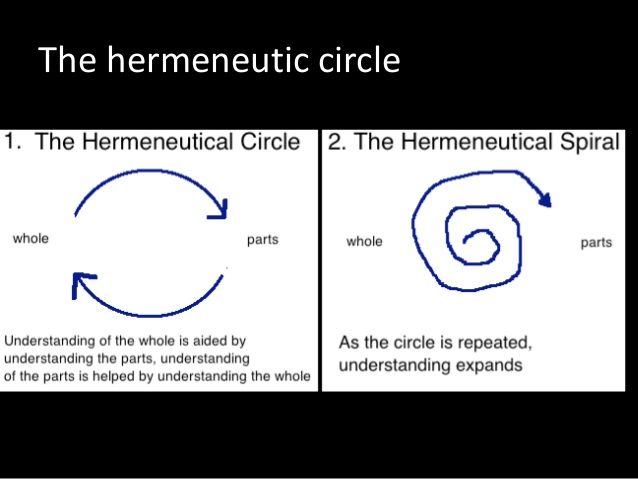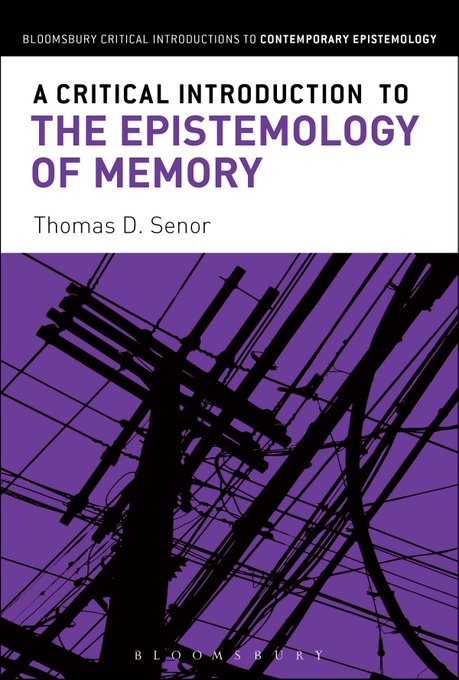@philosophytweetのTwitterイラスト検索結果。 42 件中 2ページ目
Infinitism in Epistemology
Infinitism is a family of views in epistemology about the structure of knowledge and epistemic justification. It contrasts naturally with coherentism and foundationalism...
https://t.co/RnX3lPxedL
A shortlist of the most influential philosophers alive.
Alain Badiou
Alain Badiou studied at the Lycée Louis-Le-Grand and the École Normale Supérieure in Paris, and is a key figure in French philosophy...
https://t.co/jW5886SWmi
Comparative Philosophy
Comparative philosophy is a subfield of philosophy in which philosophers work on problems by intentionally setting into dialogue various sources from across cultural, linguistic, and philosophical streams...
https://t.co/kMXxziS5Xt
Western Theories of Justice
Justice is one of the most important moral and political concepts. The word comes from the Latin jus, meaning right or law...
https://t.co/95UfRgxZw7
The Primary Value Problem in Knowledge
Knowledge and true belief both tend to be things we want to have, but all else being equal, we tend to prefer to have knowledge over mere true belief. The Primary Value Problem...
https://t.co/SU20cIZK93
Hermeneutics
Hermeneutics, in general terms, is the art of interpretation. As such,hermeneutics haservative, critical, radical, and moderate. Out of these strands, the moderate hermeneutics of Hans-Georg Gadamer...
https://t.co/tUXNVFO3wI
Altruism and Group Selection
Ever since Darwin created his theory of evolution in the nineteenth century, and especially since the nineteen sixties, scientists and philosophers of science have been intensely debating whether and how selection...
https://t.co/qSsO0POy3w
Aesthetic Formalism
Formalism in aesthetics has traditionally been taken to refer to the view in the philosophy of art that the properties in virtue of which an artwork is an artwork—and in virtue of which its value is determined—are formal...
https://t.co/GueeKzAKV0
Philosophy of law
Philosophy of law is concerned with providing a general philosophical analysis of law and legal institutions. Issues in the field range from abstract conceptual questions about the nature of law and legal systems...
https://t.co/TEHpBm8LGw
Hippias
(fl. 5th cn. B.C.)
A Greek sophist of Elis and a contemporary of Socrates. He taught in the towns of Greece, especially at Athens. He had the advantage of a prodigious memory, and was deeply versed in all the learning of his day...
https://t.co/nIKOLN4eGr
A shortlist of the most influential philosophers alive.
Alain Badiou studied at the Lycée Louis-Le-Grand and the École Normale Supérieure in Paris, and is a key figure in French philosophy and Marxist...
https://t.co/jW5886SWmi
The Knowledge Intuition and the Inference to Physicalism’s Falsity
The knowledge argument has two parts. One says that physical knowledge is not sufficient for phenomenal knowledge. Call this the knowledge intuition The other says that...
https://t.co/zkseq7fy6G
Pre-Twentieth Century Metaphilosophy and definition of Metaphilosophy
Socrates believed that the unexamined life – the unphilosophical life – was not worth living. Indeed, Socrates saw his role as helping to rouse people from unreflective lives...
https://t.co/k7ivF8Hjlw
Epistemology of Memory
We learn a lot. Friends tell us about their lives. Books tell us about the past. We see the world. We reason and we reflect on our mental lives. As a result we come to know and to form justified beliefs about a range of topics...
https://t.co/2oAPDr4Gmq
The Knowledge Intuition and the Inference to Physicalism’s Falsity
The knowledge argument has two parts. One says that physical knowledge is not sufficient for phenomenal knowledge. Call this the knowledge intuition (Stoljar and Nagasawa...
https://t.co/KptyEfr5uE
David Hume: Moral Philosophy
Although David Hume (1711-1776) is commonly known for his philosophical skepticism, and empiricist theory of knowledge, he also made many important contributions to moral philosophy. .
https://t.co/el23DqbOwJ
Deductive and Inductive Argument
When assessing the quality of an argument, we ask how well its premises support its conclusion. More specifically, we ask whether the argument is either deductively valid or inductively strong.
https://t.co/W3UG1ThgCp
Western Theories of Justice
Justice is one of the most important moral and political concepts. The Oxford Dictionary defines the “just” person as one who typically “does what is morally right” and is disposed to “giving everyone his or her due,”...
https://t.co/95UfRgxZw7
Romanticism- Art and Aesthetics
Romanticism was an artistic, literary, musical and intellectual movement that originated in Europe and was at its peak in the period from 1800 to 1850. Romanticism was characterized by its emphasis on emotion...
https://t.co/VxF7Ze8c0Y

































